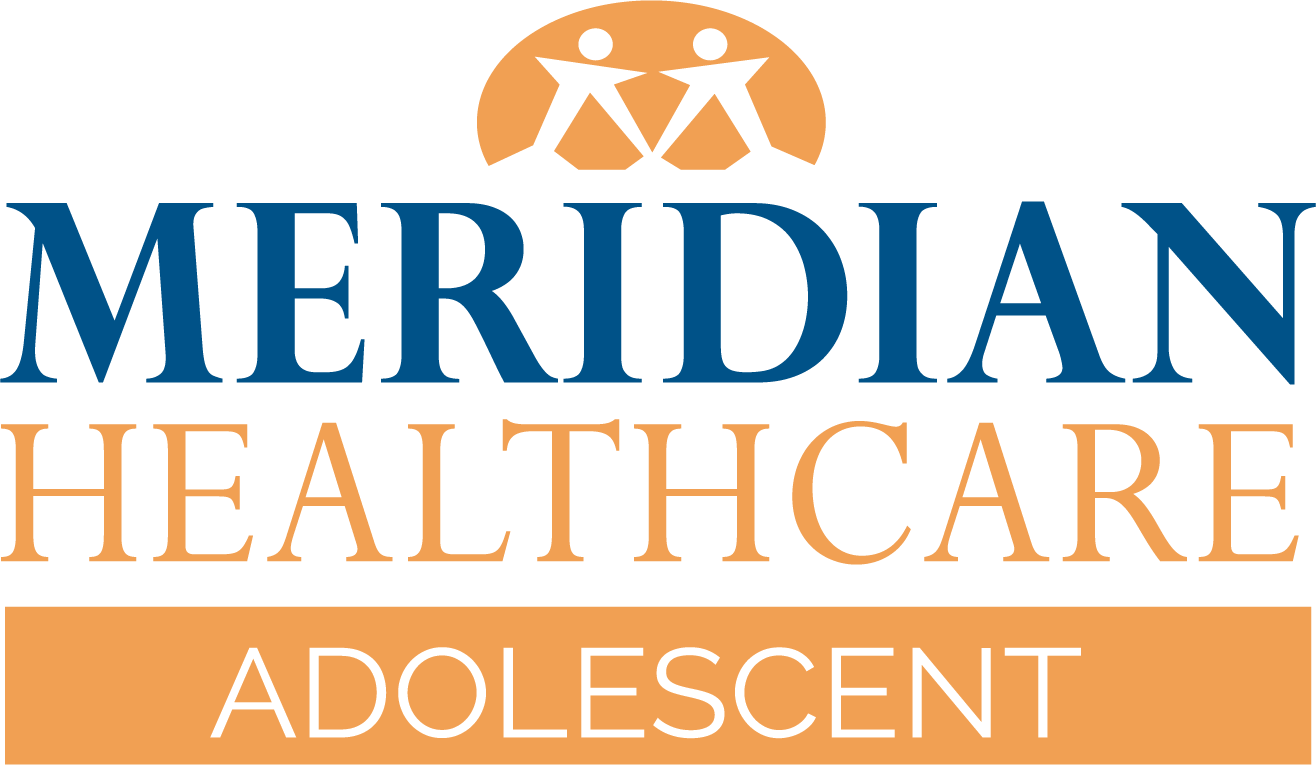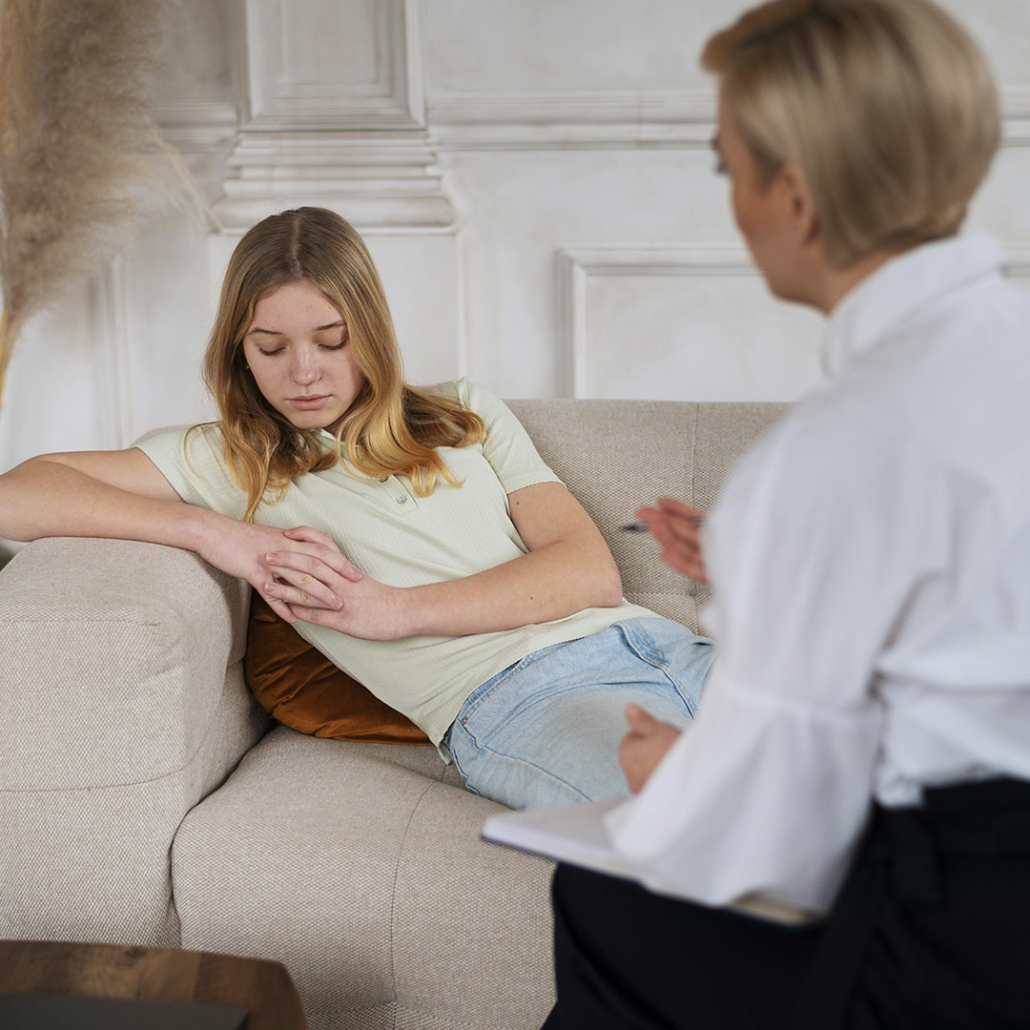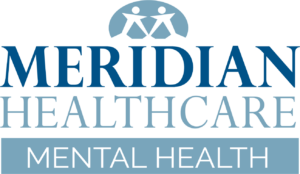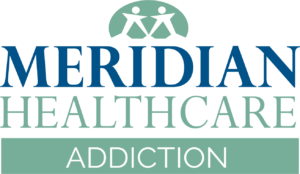Bipolar disorder, also known as manic-depressive illness or manic depression, is characterized by periods of mania and depressive episodes. During manic episodes, the child experiences manic symptoms, such as an abnormally elevated mood and high energy level. Conversely, the child experiences depressive symptoms, such as loss of energy and low self-esteem, during their depressive episodes. These intense shifts in mood can last for hours, weeks, or even months.
Bipolar disorder is a chronic condition that varies in severity from person to person. It can impact a child’s ability to function in daily life, especially with school or after-school activities. With severe mood swings, day-to-day tasks become more difficult.
Risk Factors in Adolescents
Whether or not a person develops bipolar disorder involves a combination of genetic, environmental, and biological factors like family history. Adolescents that have a family history of bipolar disorder are more likely to be diagnosed themselves. A controlled study by David Axelson and Boris Birmaher for the American Academy of Child and Adolescent Psychiatry determined that children with early onset bipolar spectrum disorders and a family history of the disorder are the most likely to progress to bipolar I or bipolar II disorder.
Trauma, which can also cause other mental health disorders, can also trigger bipolar disorder. (Traumatic experiences can include long-term neglect or abuse throughout childhood.) While these factors pose an increased risk for bipolar disorder in children, their presence does not guarantee the child will develop a mood disorder. Other mental health issues can arise, or the child may not be affected long-term.
Warning Signs
Even though bipolar disorder is typically diagnosed in adolescence or early adulthood, it is harder to spot the signs. In adults, mood episodes can last for weeks or months, making it easier to tell the difference. But, young children can go through multiple manic episodes and depressive episodes all on the same day. When this occurs, it can be hard to determine if the underlying problem is bipolar disorder or something else like attention-deficit/hyperactivity disorder (ADHD), schizophrenia, or an anxiety disorder.
Some warning signs of bipolar disorder in children include the following:
-
-
- Extreme mood swings
- Changes in energy level
- Sudden weight gain or weight loss
- Rapid speech or racing thoughts
- Difficulty concentrating
- Changes in sleep patterns
- Engaging in risky behaviors
- Suicidal thoughts or self-harm
*If this is an emergency, please call 911 or the suicide helpline at 1-800-273-8255.










